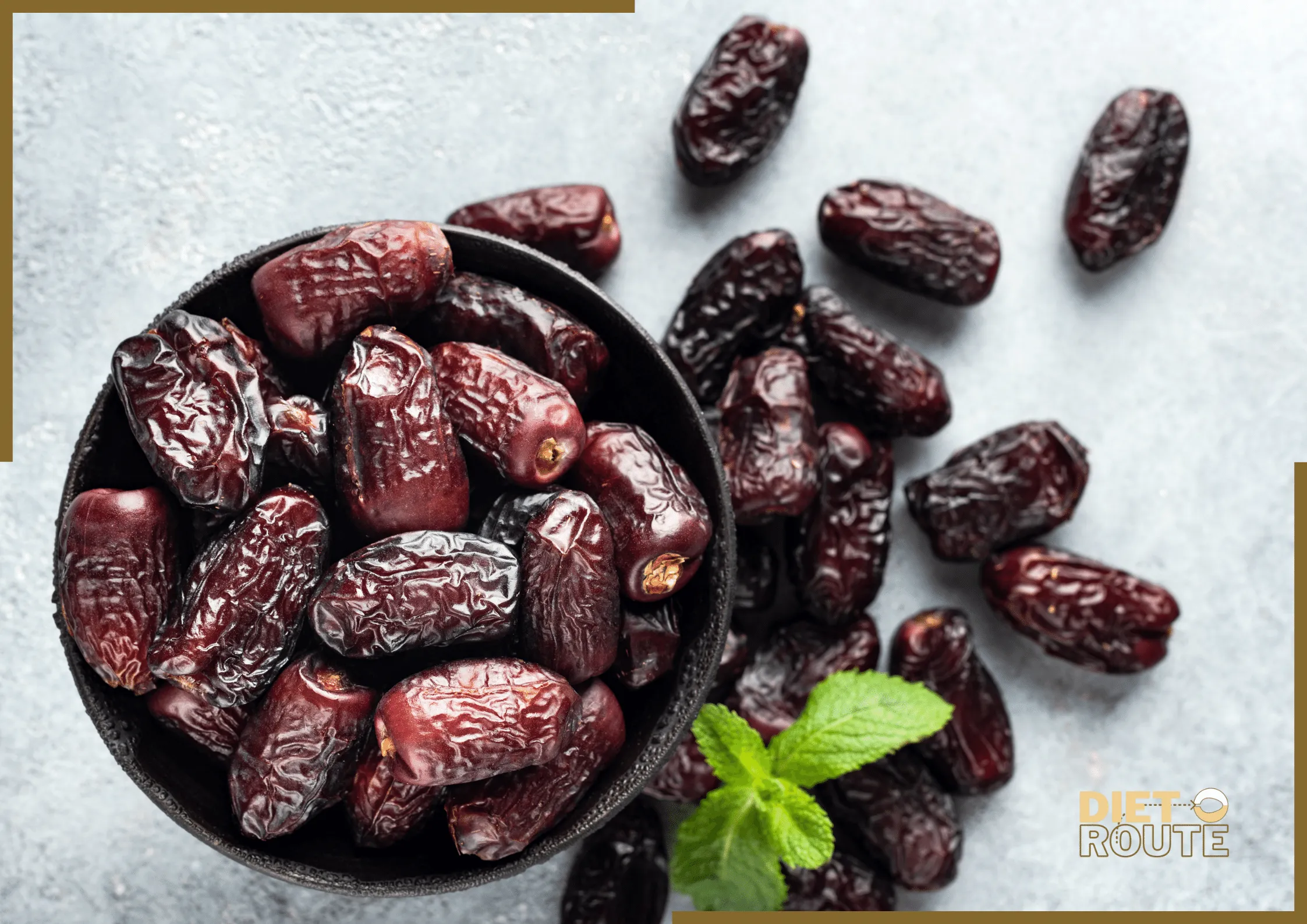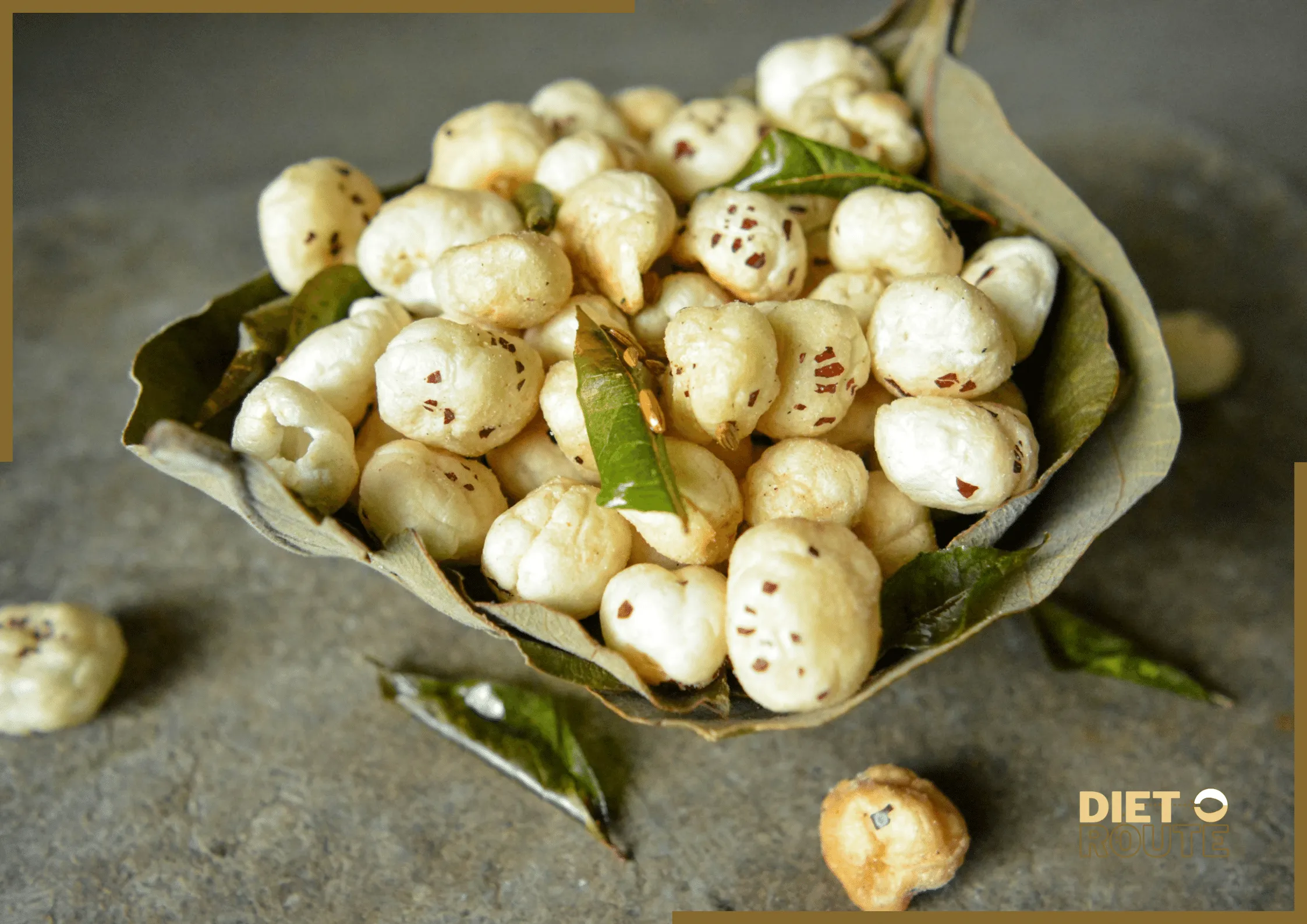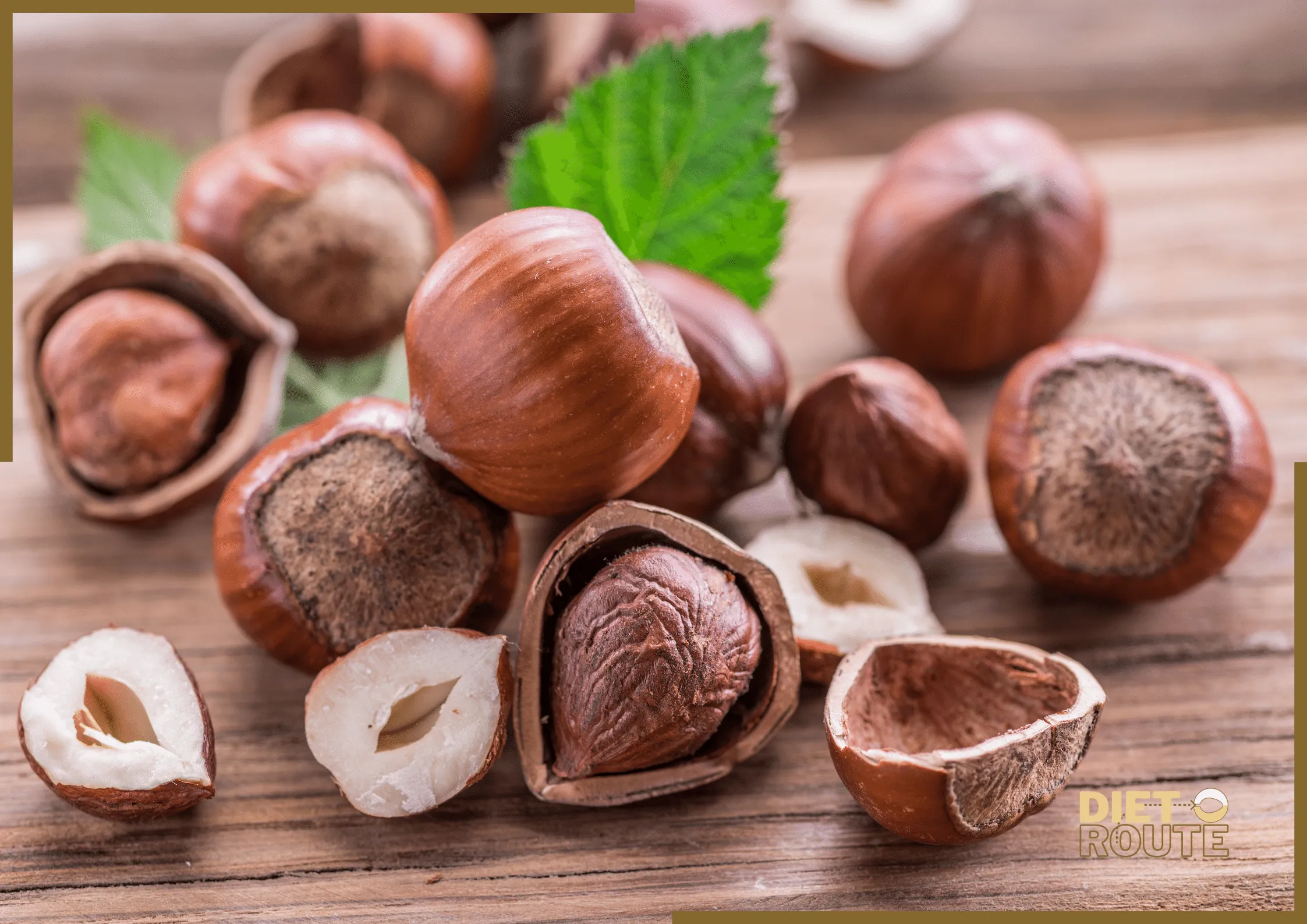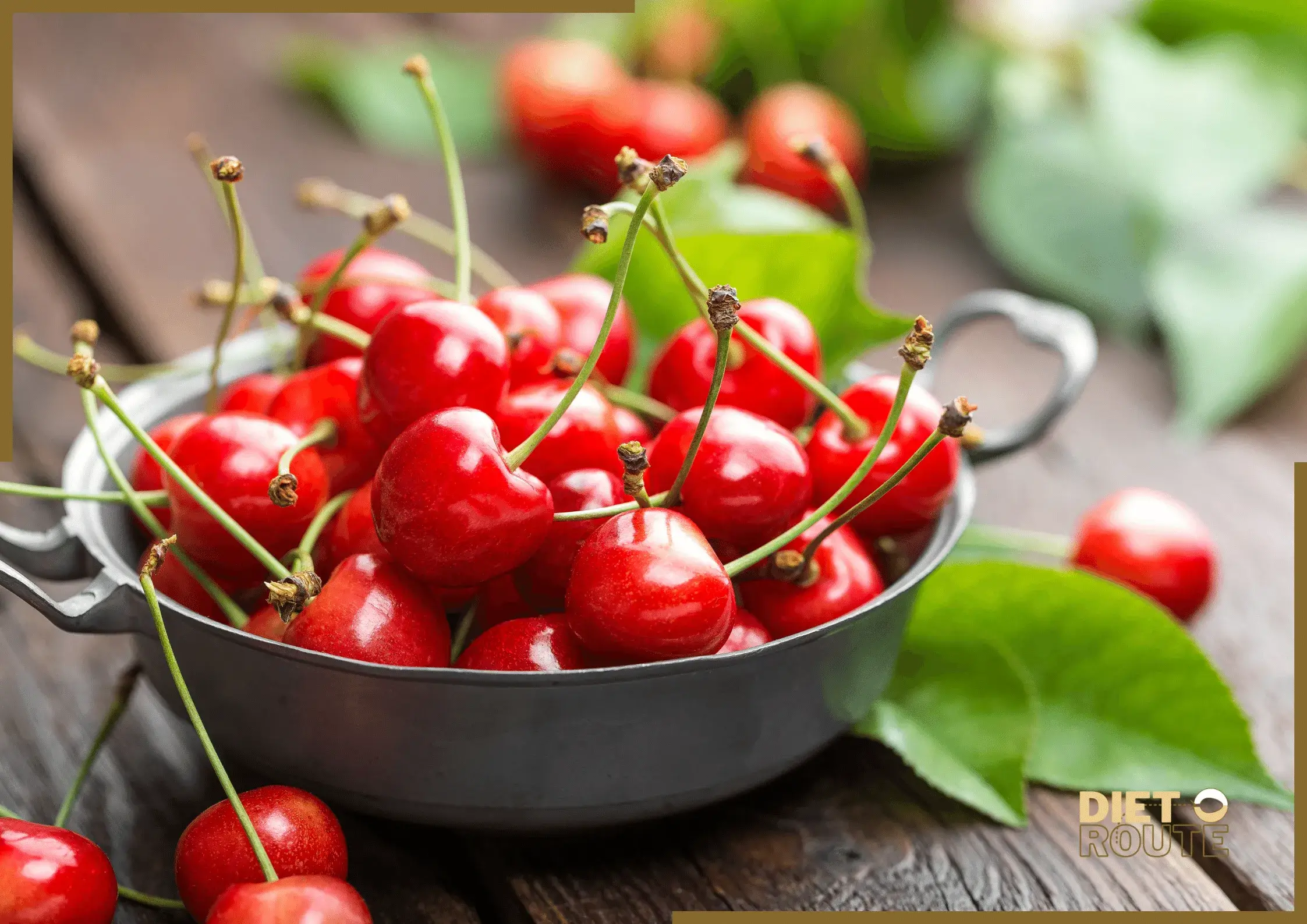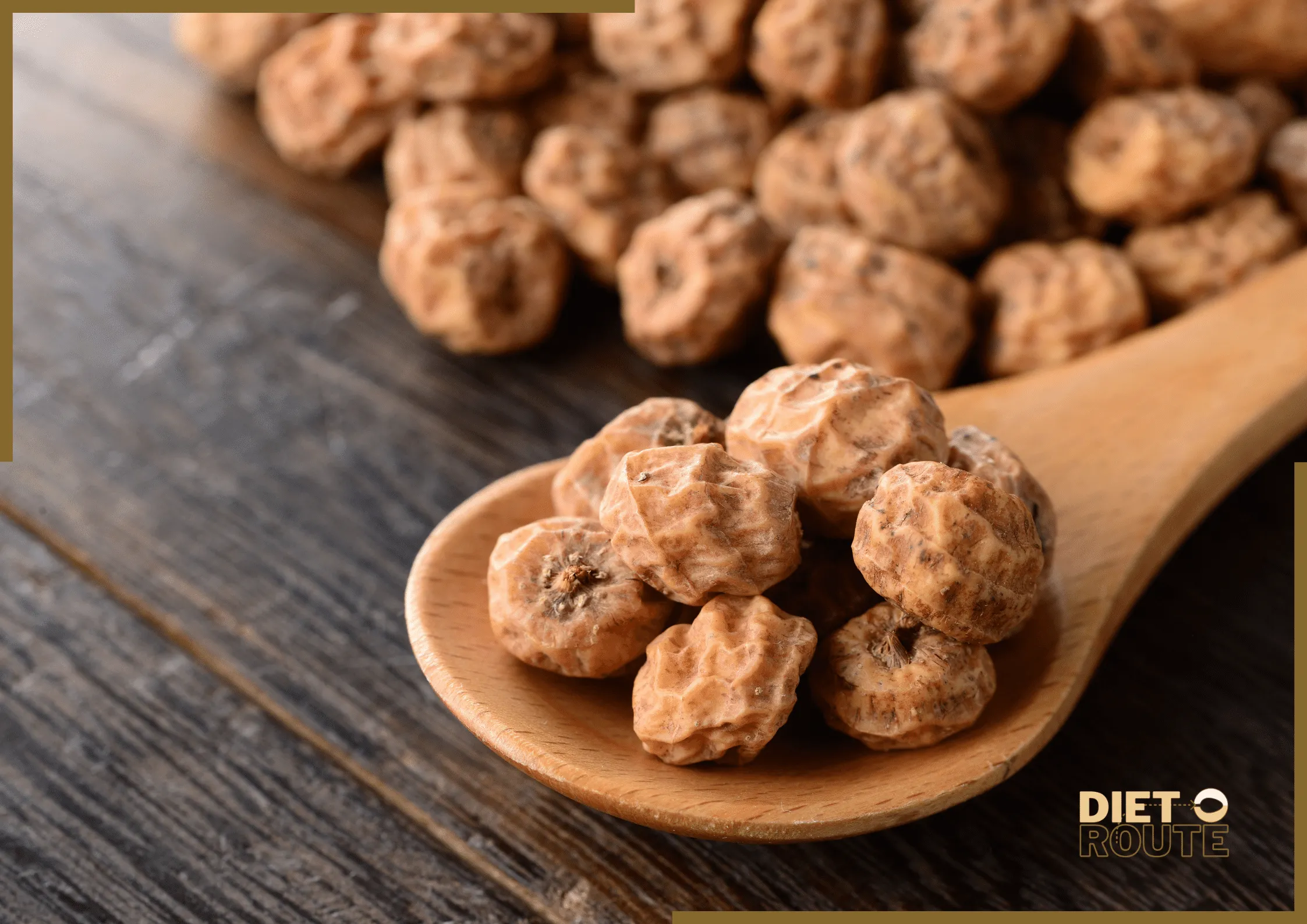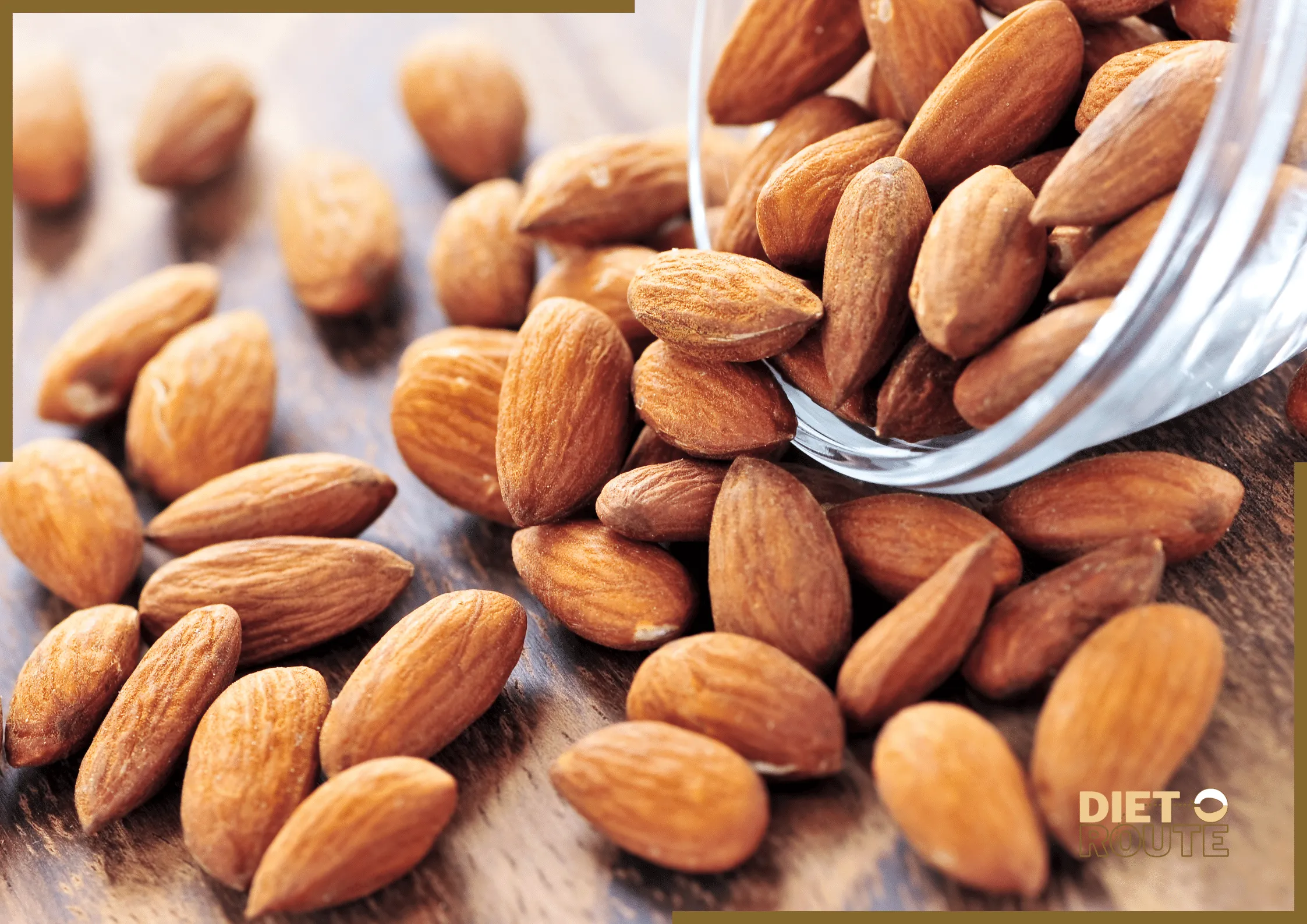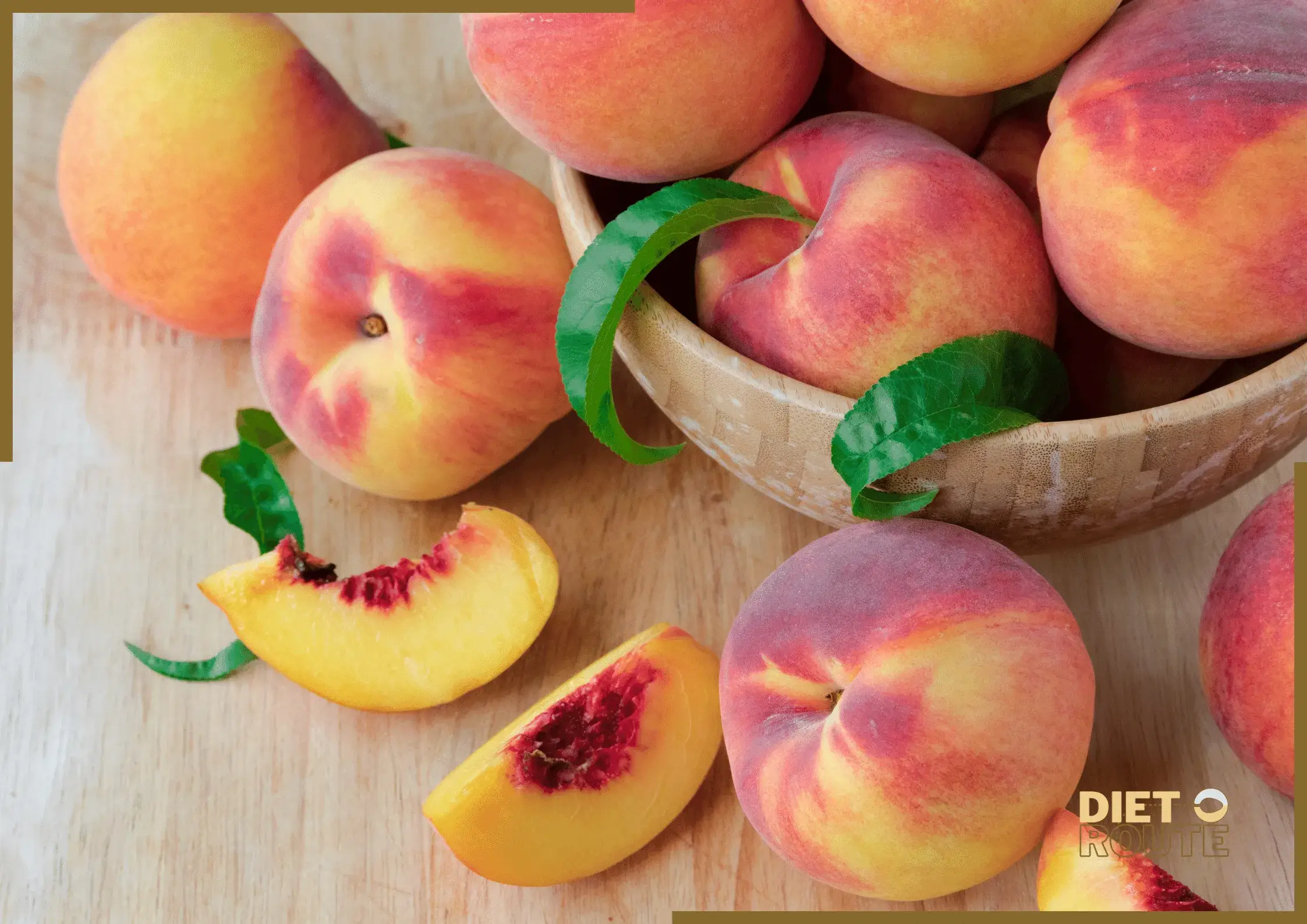Table of Contents
Introduction
Dates are a highly nutritious and delicious fruit that has been savored for centuries. This article presents a tabular format of the nutritional value , including the daily percentage value. We provide a comprehensive analysis of the advantages and disadvantages, along with addressing ten commonly asked questions (FAQs). Explore the advantages and factors to keep in mind when adding them to your dietary routine.
Nutritional Value Approximately 100g
The values provided are approximate can vary depending on the size and ripeness.
| Nutrient | Amount Per 100g | % Daily Value* |
|---|---|---|
| Calories | 277 kcal | 14% |
| Carbohydrates | 75 g | 25% |
| Fiber | 7 g | 28% |
| Protein | 2 g | 4% |
| Fat | 0.4 g | 1% |
| Saturated Fat | 0.1 g | 0% |
| Monounsaturated Fat | 0.1 g | – |
| Polyunsaturated Fat | 0.1 g | – |
| Potassium | 696 mg | 20% |
| Magnesium | 54 mg | 14% |
| Vitamin B6 | 0.2 mg | 11% |
| Iron | 0.9 mg | 5% |
*Percent Daily Values (% DV) are based on a 2,000-calorie diet.

Pros
1. Dates are a great source of vital nutrients such as fiber, potassium, magnesium, and vitamin B6.
2. A Healthier Alternative to Processed Sugars with Added Nutritional Benefits
3. The fiber-rich nature of dates can promote optimal digestion and alleviate constipation.
4. They are a natural source of carbohydrates, making them an excellent choice for boosting your energy levels during physical activities.
Cons
1.Dates are a calorie-dense fruit that may contribute to weight gain if consumed in excess due to their high calorie content. Importance of Portion Control for a Healthy Diet.
2. They are a natural source of sugar and contain a considerable amount of it. Moderation is key for individuals with diabetes or those who are mindful of their sugar intake when consuming them.
Frequently Asked Questions (FAQs)
1.Can people with diabetes eat dates?
Individuals with diabetes should consume this fruit in moderation due to their high sugar content and glycemic load. For personalized advice, it is recommended to seek consultation with a healthcare professional.
2. Is it possible to incorporate dates into a weight loss meal plan?
They can be a great addition to a weight loss diet, but it’s important to practice portion control as they are high in calories. Moderation is crucial, but they can serve as a healthier substitute for processed sweets.
3. Is it possible to include dates in a gluten-free diet?
Yes, they are a suitable addition to a gluten-free diet as they are naturally free of gluten.
4. Is it appropriate for kids to consume dates?
They can be a healthy addition to a child’s diet, but it’s crucial to consider their chewing ability and portion sizes because of their sticky texture.
5. Can consuming dates alleviate constipation?
They are rich in fiber which can aid in regular bowel movements and relieve constipation.
6. Are dates a good source of antioxidants?
Yes, they are a rich source of antioxidants that aid in safeguarding the body from oxidative stress and inflammation.
7. Is it safe to eat dates while pregnant?
During pregnancy, incorporating into a balanced diet can provide essential nutrients. They are a nutritious source that can benefit both the mother and the developing baby. It is recommended to seek personalized advice from a healthcare professional.
8. What is the best way to store dates for optimal data management?
Store in an airtight container in a cool and dry location to retain their freshness and prevent them from getting dehydrated.
9. Can people with nut allergies consume dates?
They are a type of dried fruit and not classified as nuts. Individuals who have nut allergies must be cautious and check for allergen labeling as cross-contamination can happen during processing.
10. Can dates serve as a natural sweetener in recipes?
Yes, they can be used as a natural sweetener in various recipes such as smoothies, baked goods, and energy balls by blending them into a paste.
In a Nut Shell
Dates are a highly nutritious fruit that provides numerous health benefits. These are packed with fiber, potassium, magnesium, and vitamin B6. These are a great source of natural sweetness and essential nutrients, but it’s important to consume them in moderation as they are calorie-dense. People who have diabetes or are monitoring their sugar intake should be cautious about their consumption. For a well-rounded diet, it is recommended to include this healthy fruit and seek guidance from a healthcare expert for tailored recommendations.
